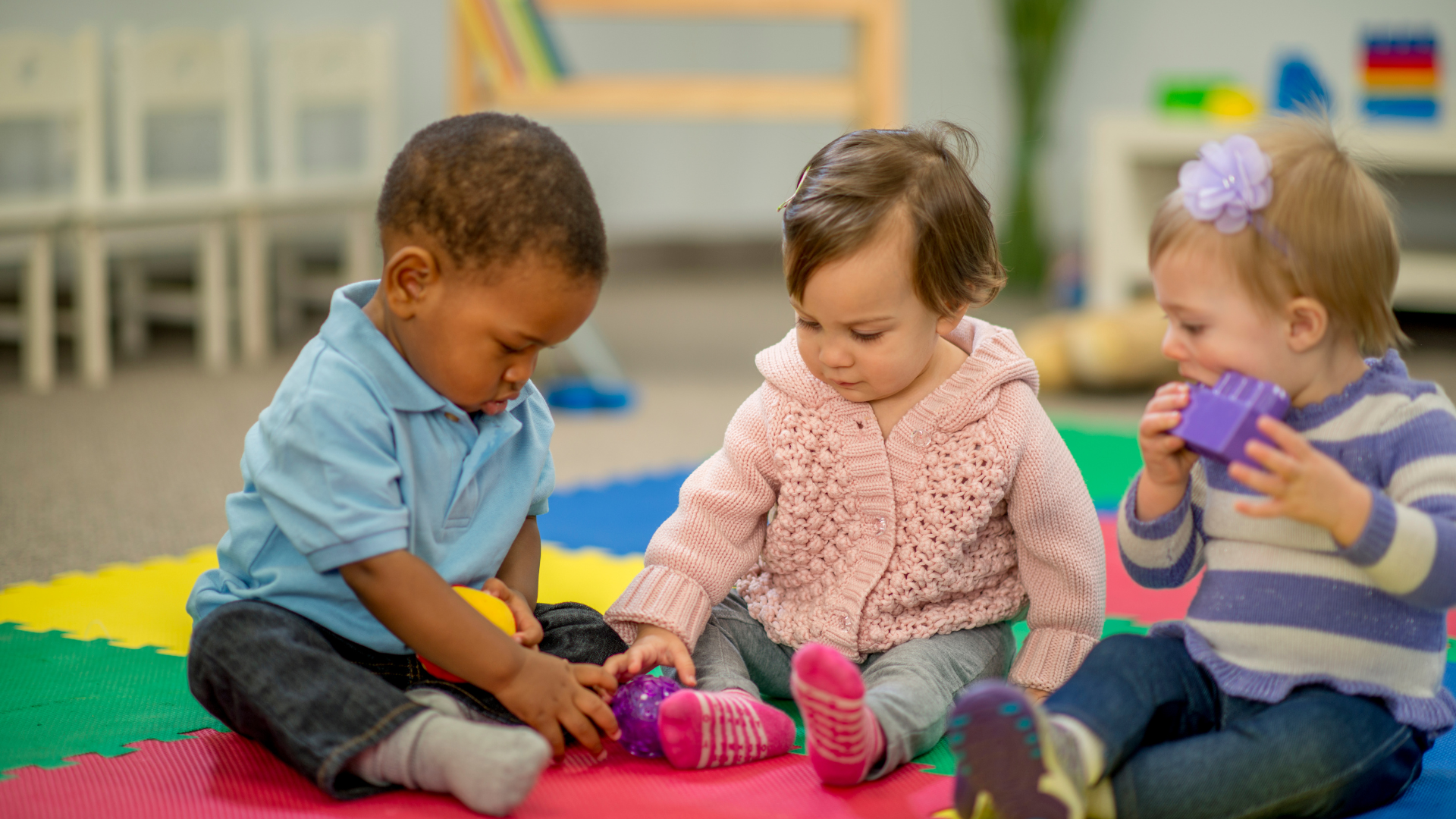Teaching Young Kids Emotional Responsibility: Building a Foundation for Accountability

Helping young children take emotional responsibility for their actions is one of the most meaningful lessons parents and caregivers can teach. Emotional responsibility involves recognizing one’s feelings, understanding how those feelings impact behaviour, and taking ownership of actions and their consequences. For young children, this can be challenging, but with patience and the right strategies, they can learn to navigate their emotions while developing empathy and accountability.
Why Emotional Responsibility Matter
- Promotes Emotional Growth:
Understanding their emotions helps children regulate them, reducing impulsive behaviours and fostering self-awareness. - Builds Stronger Relationships:
When children take responsibility for their actions, they learn to empathize with others and repair relationships after conflicts. - Encourages Resilience:
Taking ownership of mistakes teaches children that errors are part of growth and helps them develop the confidence to face challenges. - Lays the Groundwork for Lifelong Skills:
Accountability learned in childhood translates into responsible behaviour in school, friendships, and later in the workplace.
Strategies to Teach Emotional Responsibility
- Model Accountability:
Children learn best by observing adults. Show them how you take responsibility for your own actions. For example: “I’m sorry I raised my voice earlier. I was frustrated, but I shouldn’t have spoken that way.” - Teach Emotional Vocabulary:
Help children identify and name their emotions. Instead of saying, “Stop being upset,” try asking, “Are you feeling sad, mad, or frustrated?” This helps them understand and express their feelings constructively. - Link Emotions to Actions:
Explain how emotions can lead to certain behaviours. For instance, “I see you were angry when you knocked over your brother’s blocks. Let’s talk about what you can do next time you feel this way.” - Encourage Reflection:
After an incident, ask open-ended questions like: - “What happened?”
- “How were you feeling when you did that?”
- “How do you think it made the other person feel?”
Reflection fosters self-awareness and empathy. - Guide Problem-Solving:
Work with your child to identify ways to make amends and handle similar situations better in the future. For example, “How can you show your friend you’re sorry? What could you do next time to avoid getting so upset?” - Set Clear and Fair Boundaries:
Help children understand that actions have consequences. For example, if they break a rule, calmly explain why the behaviour is unacceptable and what they can do to make things right. - Praise Efforts, Not Just Outcomes:
Celebrate when your child takes responsibility, even if the situation wasn’t perfect. For example: “I’m proud of you for saying sorry to your sister. That was a kind thing to do.” - Use Stories and Play:
Read books or create scenarios in playtime that involve characters making mistakes and learning from them. This helps children practice taking responsibility in a safe and engaging way.
Overcoming Challenges
Young children may initially struggle to take responsibility, as their impulse control and empathy are still developing. Avoid shaming or harsh punishments, as these can make children defensive and less likely to reflect on their behaviour. Instead, focus on teaching and guiding with patience, offering consistent support and encouragement.
The Bigger Picture
Teaching children emotional responsibility isn’t about expecting perfection; it’s about nurturing self-awareness, empathy, and accountability over time. When children learn to take ownership of their emotions and actions, they develop the tools to manage conflicts, build meaningful relationships, and approach life with integrity.
Enrolling your child in the EQ4Kids Programme can provide them with expert guidance and practical strategies to develop emotional responsibility. Through fun, interactive activities, your child will learn to manage their emotions, take ownership of their actions, and build the skills they need for lifelong emotional intelligence. Empower your child to grow into their best self—start today!
Share Post
Complete the following form if you require more info about EQ4kids or want to enroll your child at your nearest Franchise.
Blog Enquiry









